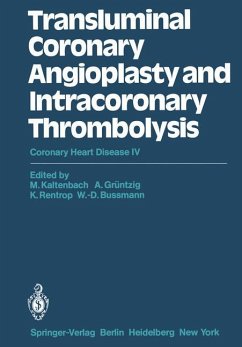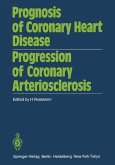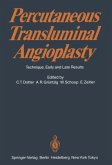This volume contains the proceedings of the Fourth International Symposium on Coronary Heart Disease, held in Frankfurt/Federal Republic of Germany. In 1970, when the fIrst symposium was held, the whole range of diagnostic and therapeutic measures was covered, but since then interest in coronary heart disease has increased so considerably that the fourth symposium was restricted to only two therapeutic aspects, angioplasty and intracoronary thrombolysis. It can be noted with pleasure that European cardiologists, namely Andreas Griintzig and Peter Rentrop, have made essential contributions to the applicability of these modes of treatment. When angioplasty was fIrst discussed at the Third International Symposium (Coronary Heart Disease, Stuttgart, 1978) a great deal of astonishment was expressed. Today the procedure has gained an important place in the treatment of angina pecto ris. The proportion of candidates for coronary surgery in whom angioplasty can be attempted instead of operation is around 10%, in certain subgroups even higher. The most remarkable fmding of our 5-year experience with angioplasty are the extre mely good long-term results. Recurrences happen in about 15%-20% of cases within the fIrst 3 months; after this period of time, recurrences are very unusual and mostly due to progression of the disease at other sites. Angioplasty has thus also contributed to our understanding of the dynamics of the atherosclerotic process.
Bitte wählen Sie Ihr Anliegen aus.
Rechnungen
Retourenschein anfordern
Bestellstatus
Storno








